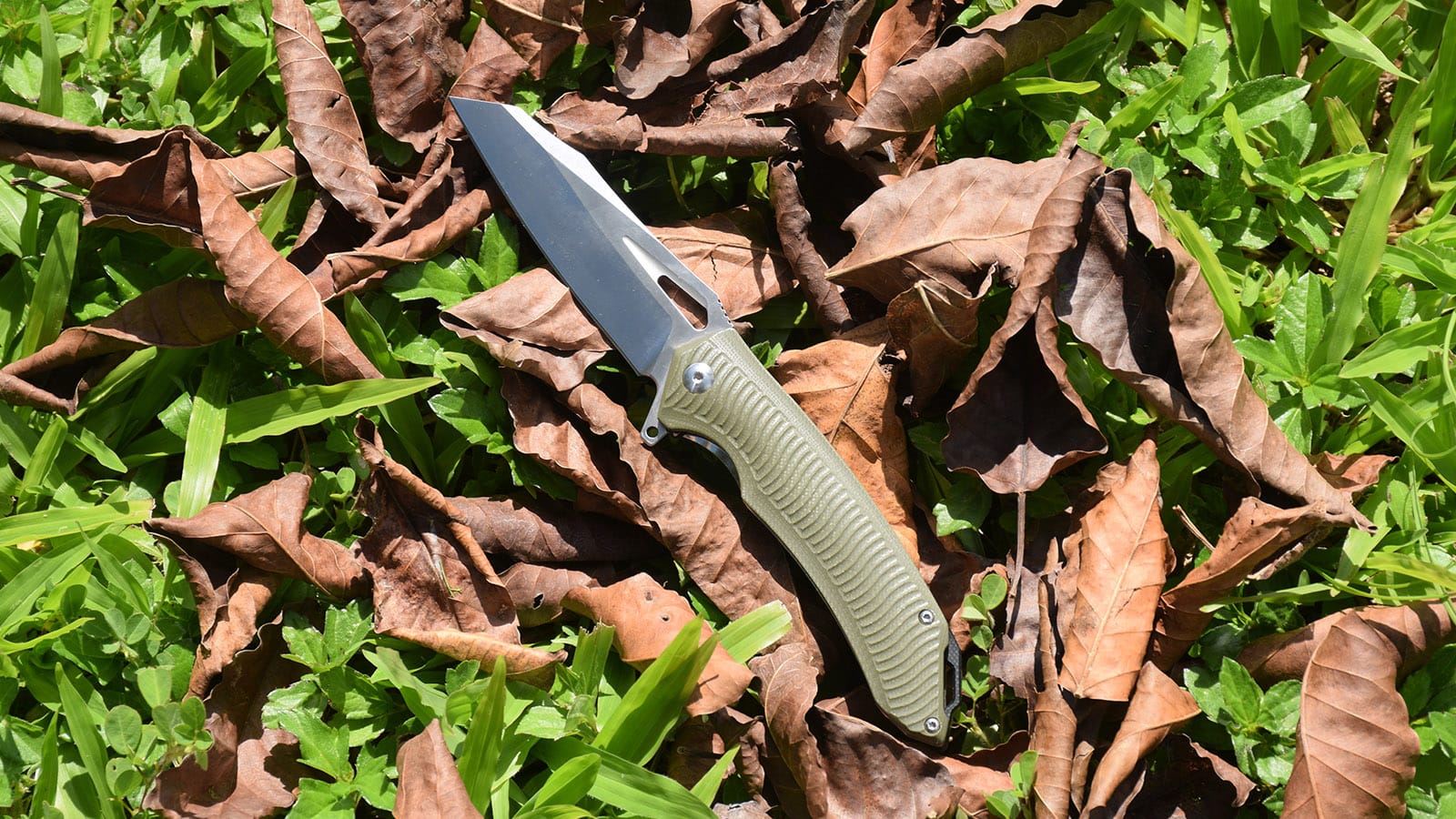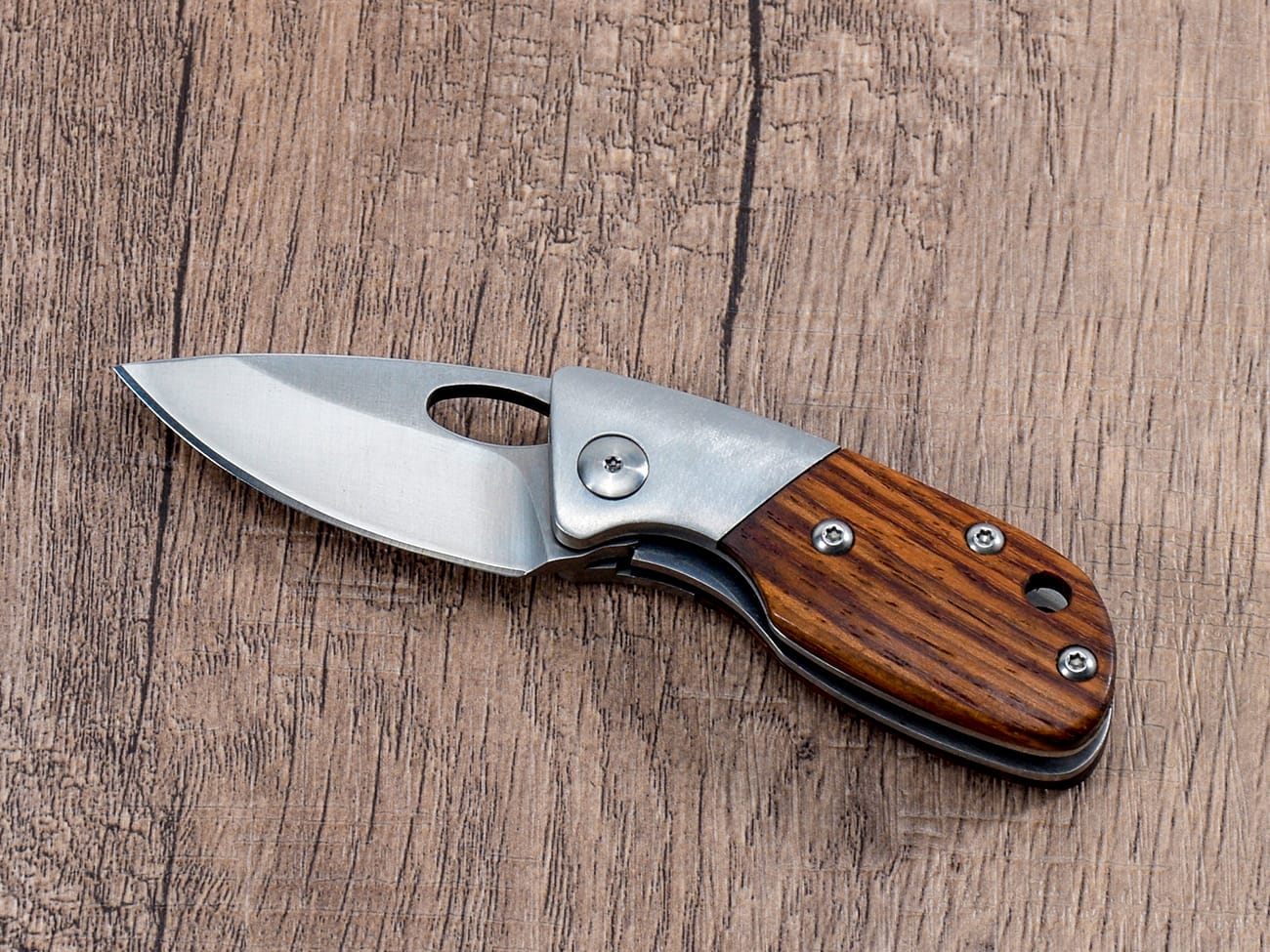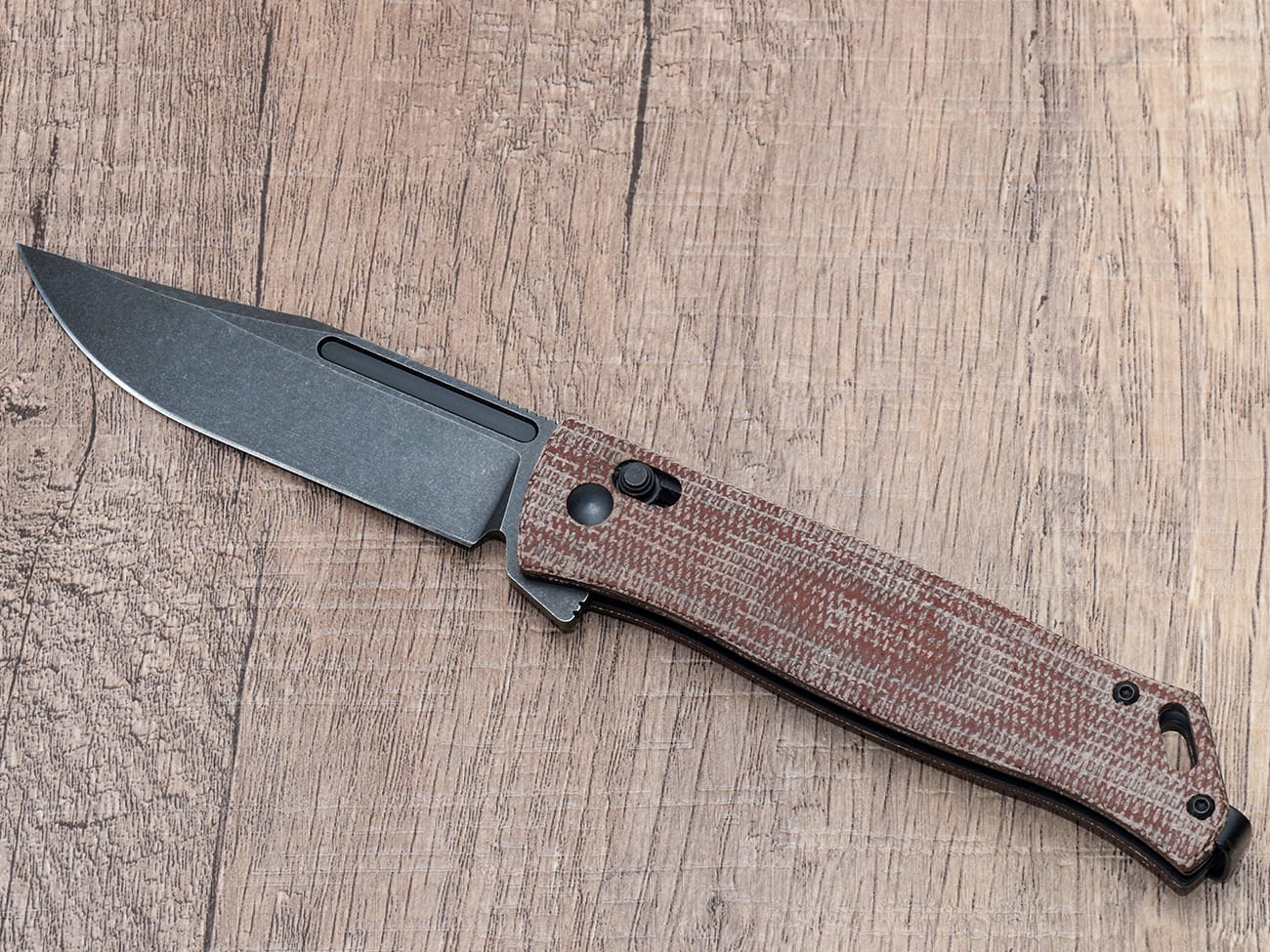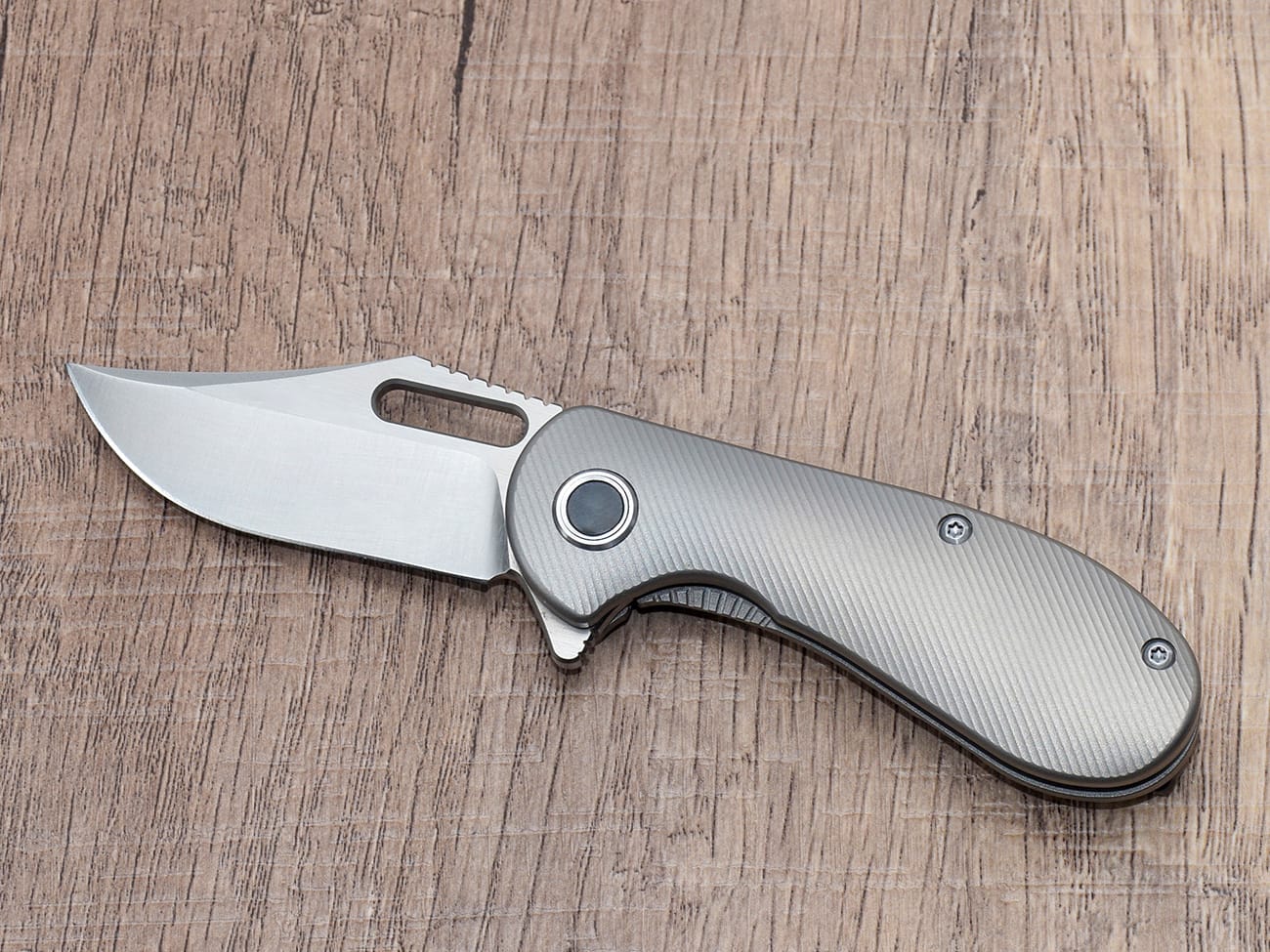The world of knife making has evolved dramatically with the advent of CNC (Computer Numerical Control) technology. Whether you’re a knife enthusiast, manufacturer, or simply curious about knife production methods, understanding the key differences between CNC knives and ordinary knives is crucial. This comprehensive guide will explore how these two manufacturing approaches differ in precision, consistency, cost, and overall quality.
What Makes CNC Knife Production Different from Traditional Knife Making?
CNC knife production represents a significant leap forward in knife manufacturing technology. Unlike traditional knife making, which relies heavily on manual skills, CNC machines use computer-controlled precision to craft knife blades with exceptional accuracy. The custom pocket knife manufacturing process becomes more streamlined and consistent with CNC technology.
How Does CNC Technology Impact Knife Blade Precision?
The precision of a CNC machine in knife making is unparalleled. These machines can achieve tolerances within .001 inches, ensuring exceptional consistency across production runs. The cutting tool moves with computer-guided accuracy, creating knife blades that are virtually identical in dimensions and specifications. This level of precision is particularly important for folding knives, where precise fit and smooth operation are essential.
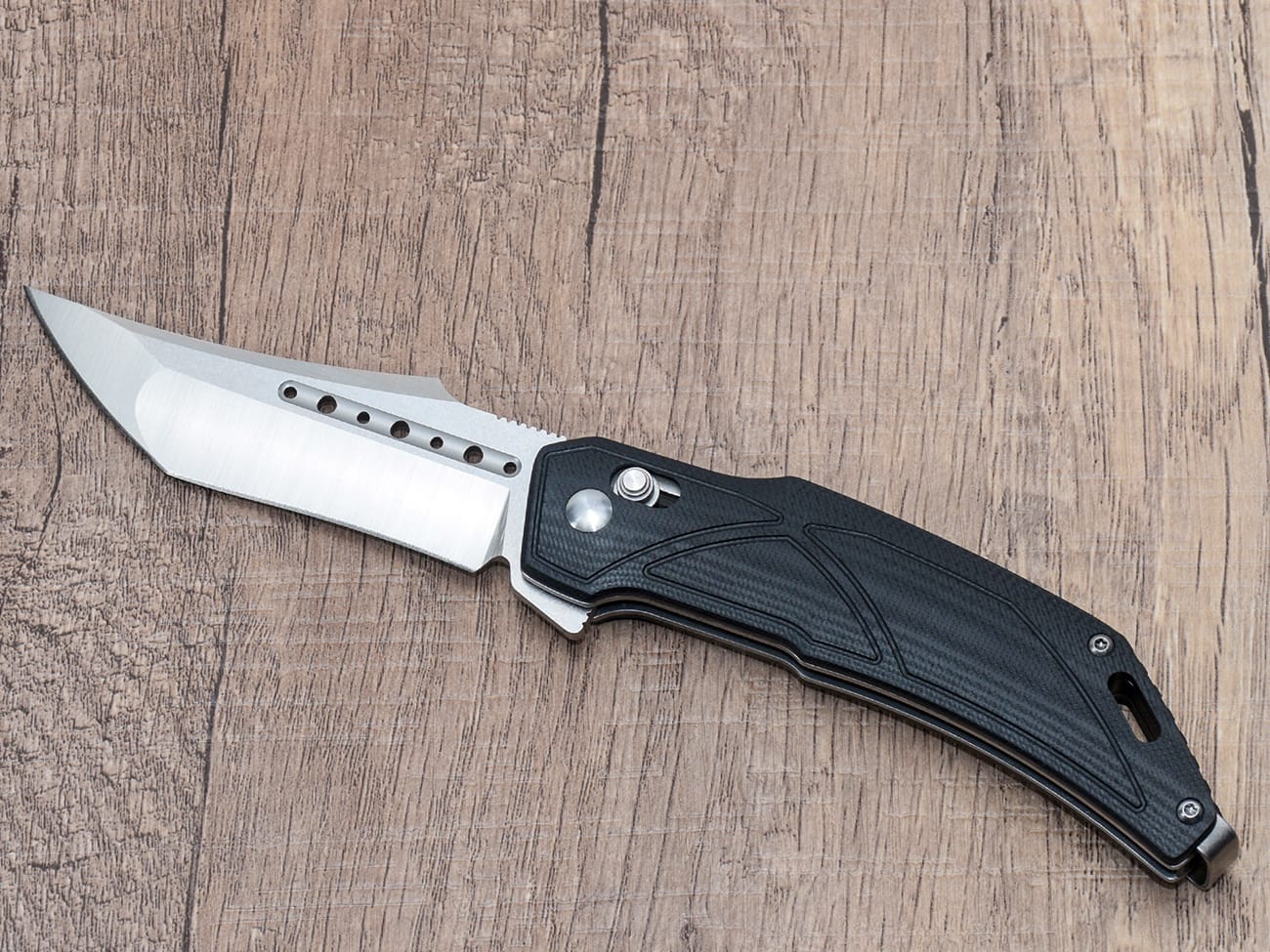
Custom D2 steel folding knife with precision CNC machining
Are CNC Knives More Consistent Than Hand-Made Ones?
When it comes to consistency, CNC knife cutting machines excel in several ways:
- Uniform blade thickness across batches
- Consistent grind angles
- Perfect symmetry in blade design
- Repeatable results for complex patterns
Traditional knife makers, while skilled, cannot match the exact consistency of CNC production, especially when producing knives in larger quantities.
What Materials Can Be Used in CNC Knife Manufacturing?
CNC machines can work with a wide range of knife materials, including:
- High-carbon steel
- Stainless steel alloys
- Exotic metals
- Composite materials
The knife blades materials options are vast, and CNC technology can handle them all with precision.
How Does the Manufacturing Speed Compare?
The speed and efficiency of CNC knife production significantly outpaces traditional methods:
- Multiple knives can be produced simultaneously
- Reduced production time per knife
- Consistent quality at higher volumes
- Less material waste
What About Customization Options?
Both CNC and traditional knife making offer different advantages in customization:
CNC Advantages:
- Perfect replication of complex designs
- Ability to make quick design modifications
- Consistent implementation of custom features
Traditional Advantages:
- Unique hand-finished details
- Custom one-off designs
- Personal artisan touch
Does CNC Manufacturing Affect Knife Quality?
The quality of EDC knives produced by CNC machines is generally excellent, offering:
- Precise blade geometry
- Consistent heat treatment
- Accurate grinds
- Perfect symmetry
What Are the Cost Implications?
Understanding the cost differences is crucial:
CNC Production:
- Higher initial setup costs
- Lower per-unit costs in large runs
- Reduced labor costs
- Minimal material waste
Traditional Production:
- Lower startup costs
- Higher labor costs
- More material waste
- Higher per-unit costs
How Does Maintenance Compare?
Maintenance requirements differ significantly:
CNC Knives:
- Regular machine calibration needed
- Tooling replacement schedules
- Software updates
- Preventive maintenance
Traditional Knives:
- Hand tool maintenance
- Skill maintenance
- Workshop upkeep
- Individual tool replacement
What About the Future of Knife Making?
The future of knife manufacturing likely involves a hybrid approach:
- Integration of CNC precision with traditional finishing
- Advanced materials processing
- Improved customization capabilities
- Enhanced production efficiency
Key Points to Remember:
- CNC knives offer superior precision and consistency
- Traditional knives maintain unique artistic value
- Both methods have their place in modern knife making
- Cost effectiveness depends on production volume
- Quality can be excellent in both methods
This comprehensive comparison shows that while CNC technology has revolutionized knife manufacturing, both methods have their merits. The choice between CNC and traditional knife making often depends on specific requirements, production volume, and desired outcomes.Learn more about knife handle materials to understand how different manufacturing methods affect handle production and quality.

